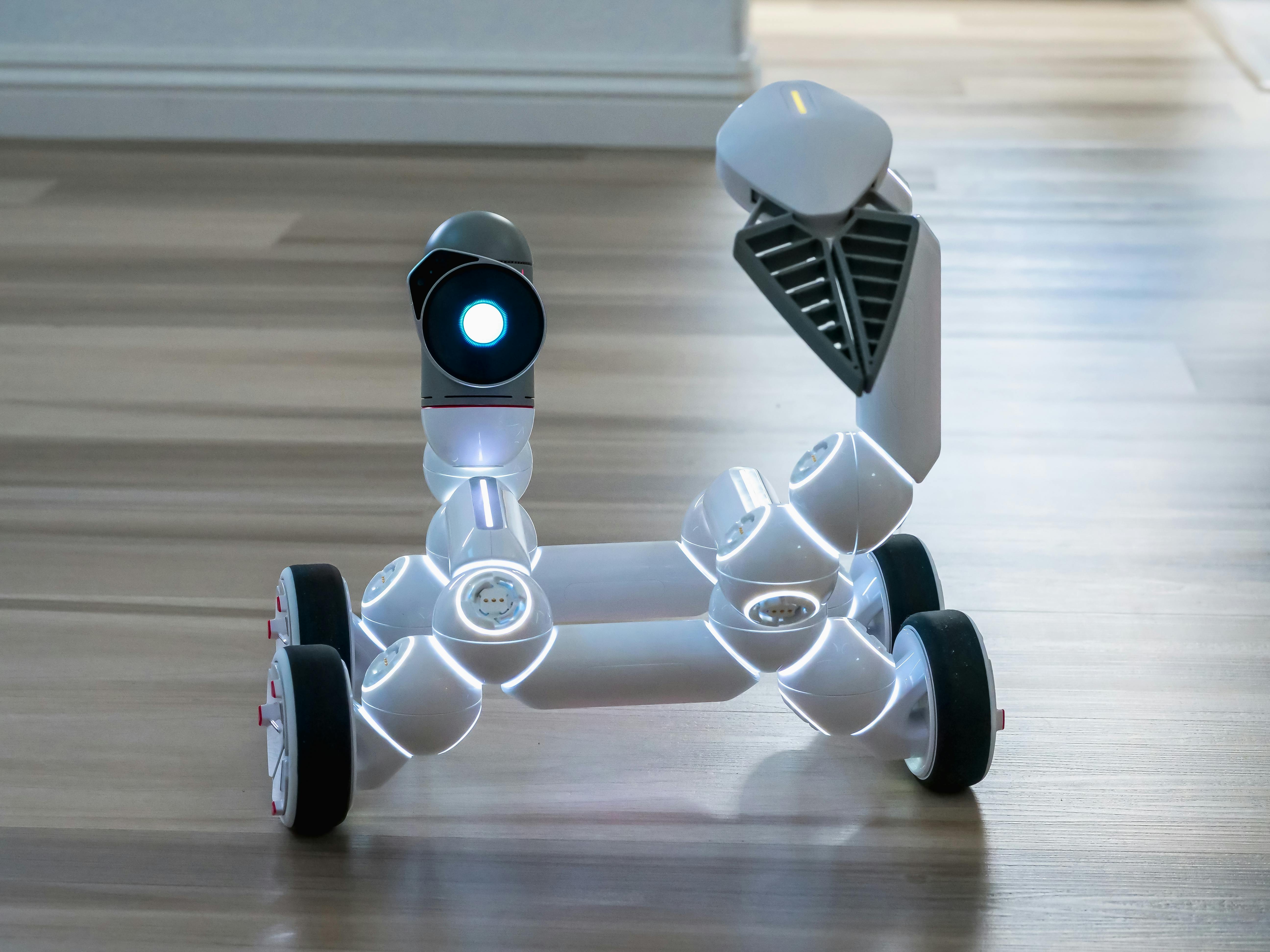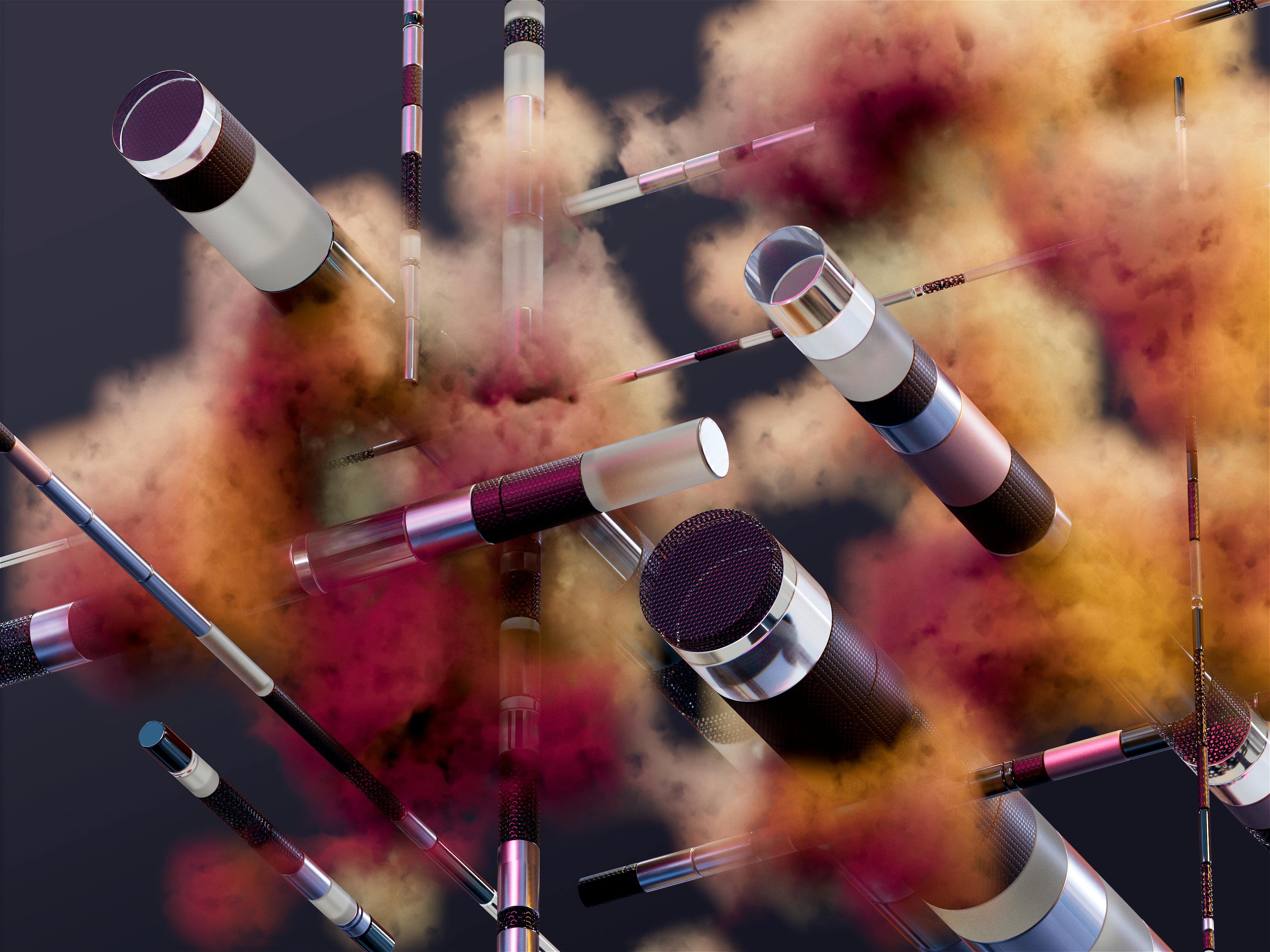How OpenAI’s ADK is Reshaping the AI Development Landscape
by Samson Odo, Founder & CTO

On March 12, 2025, OpenAI launched its Agent Development Kit (ADK), alongside new tools like the Responses API and Agents SDK — and it’s already stirring up the AI landscape.
The ADK allows developers to build advanced agents that can browse the web, fetch data, or perform computer tasks.
It’s a major step toward making AI agent development more accessible — moving it from a specialist craft to a more open, dynamic ecosystem.
It’s a development we’ve been anticipating — and one that strengthens our long-term strategy rather than disrupting it.
How the AI Industry Is Shifting
This kind of democratization was inevitable.
As tools become more accessible, competition intensifies. Businesses of all sizes will soon be developing their own AI systems — not just buying them off the shelf.
That brings challenges:
- Markets could flood with similar products.
- Price pressure could squeeze margins for generic AI services.
But it also brings opportunities:
- Specialized solutions become more valuable.
- Deeply integrated services — not just standalone tools — become key differentiators.
- Strategy consulting and customized implementation will rise in demand.
In short: the easier it becomes to build basic agents, the more important expert integration and deep customization become.

NodeShift’s Advantage
We’ve been building for this future from day one.
A saying echoes internally: "Intelligence is free."
The base technology evolves quickly, making today's cutting-edge tomorrow’s commodity.
That’s why our focus isn’t just building agents — it’s building solutions that are deeply tailored, business-savvy, and resilient.
Paylo is a prime example:
- An AI sales manager that chats with customers.
- Tracks buyer behavior patterns.
- Pitches personalized offers.
- Analyzes transactions in real time.
That’s not a plug-and-play agent — it’s a layered, customized system requiring integration with client operations.
The ADK doesn’t replace that kind of work.
It supercharges it.
Where the ADK Fits
For NodeShift, the ADK is a boost, not a threat.
It lets us:
- Build smarter agents faster.
- Expand memory and context handling.
- Integrate agent logic seamlessly into client workflows.
Instead of building every foundation from scratch, we can now deploy, adapt, and optimize faster — focusing more energy on real client needs rather than basic scaffolding.
Meanwhile, businesses focused only on simple wrappers — basic apps around LLMs for text generation or image creation — might find the ADK overkill.
Those spaces will only get tighter and more crowded.
Complex, customized agent ecosystems will be the new battleground — and that’s exactly where NodeShift has staked its ground.

The Bigger Picture
This wave of open tools is rewriting the AI development playbook.
In a world where core AI capabilities become increasingly free and accessible:
- Niche expertise matters more.
- Integration across real-world workflows becomes critical.
- Strategic partnerships with major platforms become a smart edge — not a dependency.
We’re watching the hype cycles roll past — and building with one rule in mind:
The real win isn’t chasing every new release.
It’s selecting the right tools — and using them to build durable, differentiated value.
OpenAI’s ADK is a powerful addition.
But success still belongs to those who understand what doesn’t change — even when the tools do.